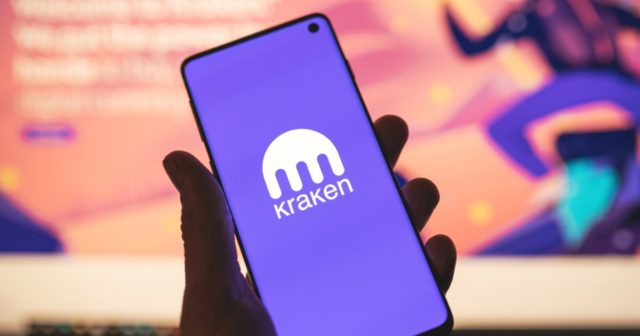About 50 years after the Apollo mission, the Americans turned their interests to the Moon once again, with the Artemis I mission, which was scheduled to be launched this Monday (29).
“It became clear that the Moon is our gateway to explore the rest of the solar system,” said Roberto Costa, professor at the Department of Astronomy at the University of São Paulo (USP) in an interview with CNN Radio . “The technology developed on this trip to the Moon will be used over the next decade by a manned mission to Mars,” he explained.
According to the professor, Artemis I aims to carry out a series of tests: in the launch vehicle, in the spacecraft that goes to the Moon, in orbital maneuvers, in the return to Earth, in the reinsertion in the atmosphere and in the landing. Later, she plans to take astronauts to the satellite and establish a space base there.
But the mission didn’t pass even the first test. An unexpected problem with one of the engines caused NASA to cancel the launch. It should take place between 9:33 am and 11:33 am, Brasília time. “Teams will continue to collect data and we will keep you posted on the time of the next launch attempt,” NASA wrote on Twitter.
The team discovered a problem during the process of bleeding air into one of the rocket’s four engines and worked to reconfigure it. Until the last update, efforts were unsuccessful.
The launch cancellation, however, does not minimize the importance of this mission. According to Professor Roberto Costa, the Artemis program shows that the Moon is seen as a “permanent place that will serve as a fulcrum” for the exploration of the solar system.
And this exploration can be both scientific and economic. Costa recalled that surveys on the lunar surface indicate the presence of ore. “The Moon arouses commercial interest,” he said.
And, currently, this dispute over the space race is not just between countries, as it happened during the Cold War between the United States and the Soviet Union. Now, there are also private companies, such as those of Jeff Bezos and Elon Musk, which aim at space tourism.
“It is no longer a space exploration scenario exclusively financed by public non-refundable resources, that is, it was with the money there and [o dinheiro] gone, back with technological development. Not now, there are private companies that have other philosophies, they need to have a return for activities to continue advancing. Commercial exploration of both space and the moon is already being considered.”
There are also other players on the field, or rather, in space. “The Chinese are undoubtedly very important actors. They are building a space station. Parts of it are already in orbit and it will be operating by the end of the decade. And there are other countries that had no tradition of space exploration, but that are sending automatic probes, as is the case with India, Japan and the United Arab Emirates,” he said.
Asked if it is easier to go to the Moon today than it was at the time of the Apollo mission, Professor Roberto Costa explained that, in terms of technology, yes, but “it does not mean that it is faster.
“The flight time is the same as Apollo time, but the technology is completely different. Apollo’s on-board computers were far less powerful in terms of processing power than the digital clock we buy today. So there is a huge technological development”, he concluded.
Source: CNN Brasil







